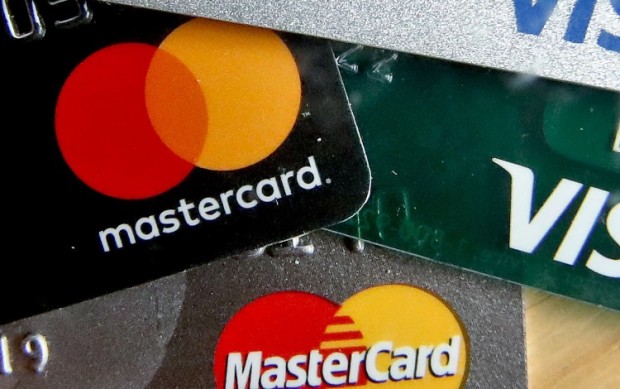
Visa (V) -) and Mastercard (MA) -) are preparing to increase the fees they charge merchants when customers pay with a credit card, according to the Wall Street Journal. The increases are set to start in October and April, respectively.
The increase to the fee structure could cost merchants an additional $502 million in annual fees, CMSPI, a consulting agency, told the Journal.
DON'T MISS: Employment expert explains why remote work won't last
CMSPI further estimated that the increase in network fees will make up only about half of that $502 million; the other half, the firm said, will come from increases in swipe fees, which merchants pay whenever a customer pays with a credit card.
These fees, though largely hidden from the consumer, represent a significant source of revenue for credit card companies. Merchants in the U.S. paid around $93 billion in Visa and Mastercard fees alone last year, according to the Nilson Report. That number was $33 billion in 2012.
The card companies set and pocket the network fees, according to the Journal; the banks pocket the swipe fees.
This planned increase comes as small businesses are still struggling to deal with inflation and high interest rates, even as more businesses are offering incentives to customers to pay with cash or debit in an effort to avoid these fees.
A bipartisan bill, named the Credit Card Competition Act, was reintroduced in June in both the House and Senate; the proposed piece of legislation would allow merchants to process Visa and Mastercard payments over alternative networks.
“It’s time to inject real competition into the credit card network market, which is dominated by the Visa-Mastercard duopoly,” Sen. Dick Durbin, D-Ill., said in a statement to CNBC at the time.
Action Alerts PLUS offers expert portfolio guidance to help you make informed investing decisions. Sign up now.







